Iran says committed to diplomacy to resolve differences with IAEA
The spokesman for the Iranian Foreign Ministry says Tehran is committed to diplomacy and will continue to cooperate with the International Atomic Energy Agency (IAEA) in order to resolve the remaining issues over Tehran’s civilian nuclear activities.
Iran remains committed to negotiations and diplomacy, as it strongly believes that it can achieve tangible and practical results under such a framework, Nasser Kan’ani said at a weekly press briefing in the capital Tehran on Monday.
He emphasized that Iran holds a deep-seated belief in multilateral diplomacy and has been engaged in the Vienna talks to revive the 2015 nuclear deal, officially known as the Joint Comprehensive Plan of Action (JCPOA), on that basis.
The top Iranian diplomat noted that IAEA Director General Rafael Grossi’s latest trip to Tehran was in line with Iran’s active diplomacy with the UN nuclear agency and yielded encouraging results.
He expressed hope that the trend of cooperation between Iran and the IAEA would result in the resolution of issues pertaining to the Safeguards Agreement in a technical manner and would eliminate any chance for those who consider the matter as an obstacle on the path of returning to diplomacy.
In response to a question about the Israeli regime’s threat to carry out act of sabotage in the Iranian nuclear facilities, Kan’ani said,” You should ask this question from the IAEA officials.”
“Iran has utilized all recognized rights and has explored available political and legal channels, as well as international regulations. Protection of Iran’s nuclear capabilities and capacities has been carried out in light of such measures,” Kan’ani said.
He pointed out that Iran has frequently drawn on Resolution GC(XXXIV)/RES/533 of September 21, 1990, which states “An armed attack or a threat of armed attack on a safeguarded nuclear facility, in operation or under construction, would create a situation in which the United Nations Security Council would have to act immediately in accordance with the provisions of the United Nations Charter,” throughout meetings and official correspondence with the IAEA.
Kan’ani further explained that Iran has time and again emphasized its rights in line with the Non-Proliferation Treaty (NPT) when it comes to cooperation with the UN nuclear agency.
Iran and the IAEA have agreed to take steps aimed at facilitating enhanced cooperation and expediting the resolution of outstanding safeguards issues.
The Atomic Energy Organization of Iran (AEOI) and the IAEA issued a joint statement on Saturday at the end of a two-day visit by Grossi to Tehran, saying both sides recognized that such positive engagements between Iran and the IAEA can pave the way for wider agreements among state parties.
Both sides also agreed that bilateral interactions will be carried out in a spirit of collaboration and in full conformity with the competencies of the IAEA and the rights and obligations of Iran based on the comprehensive safeguards agreement.
“Regarding the outstanding safeguards issues related to the three locations, Iran expressed its readiness to continue its cooperation and provide further information and access to address the outstanding safeguards issues,” the statement said.
Iran and the IAEA are currently in a dispute triggered by the agency’s Israeli-influenced accusations, which were leveled against Tehran’s peaceful nuclear activities. The IAEA insists to probe into what the agency claims are “uranium traces” found at “undeclared nuclear sites” in Iran.
The issue has emerged as a key sticking point in talks aimed at salvaging the JCPOA, which remain stalled since last August. Iran has dismissed the probe as “politically motivated.”
VIDEO | Indian-administered Kashmir honors Imam Ali’s legacy of justice, leadership
Israel kills female Palestinian journalist based in Gaza’s Indonesian Hospital
US lawmakers demand answers from Biden on Israeli killing of Turkish-American activist
Araghchi: Iran never left negotiation table as its nuclear program ‘peaceful’
Jan. 14: ‘Axis of Resistance’ operations against Israeli occupation
VIDEO | UNRWA’s financial crisis deepens amid support cuts
South Korean President Yoon arrested over failed martial law bid
VIDEO | Press TV's news headlines


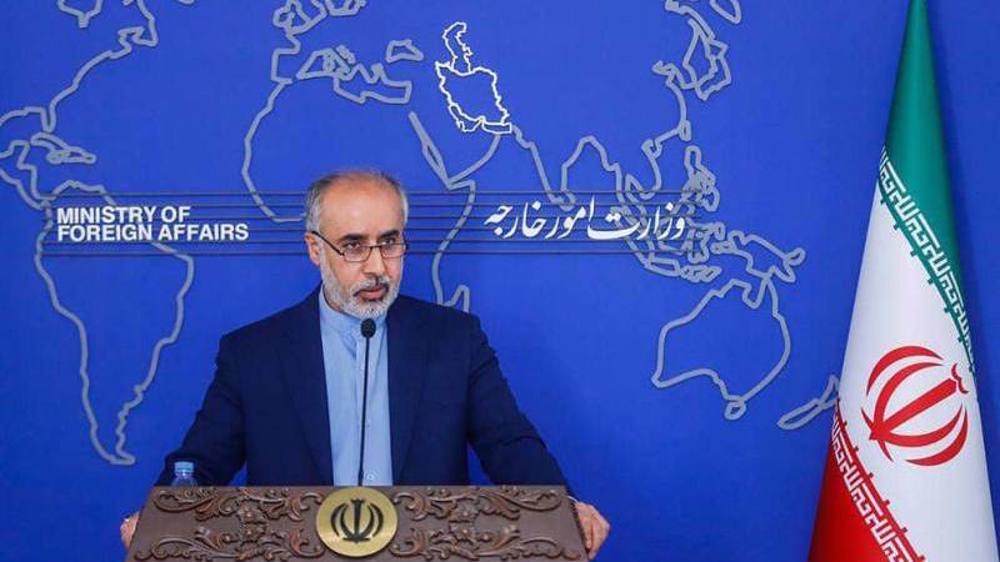
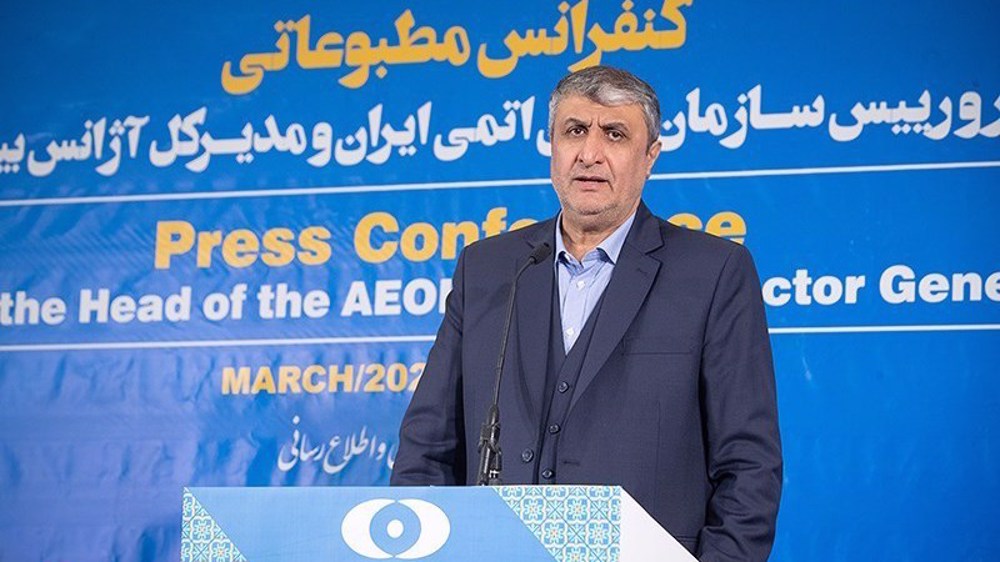
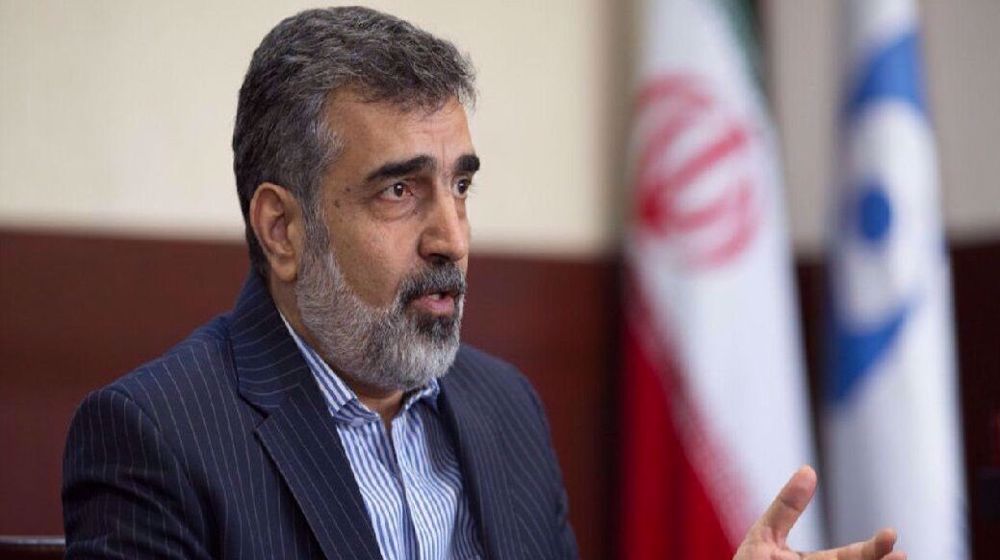
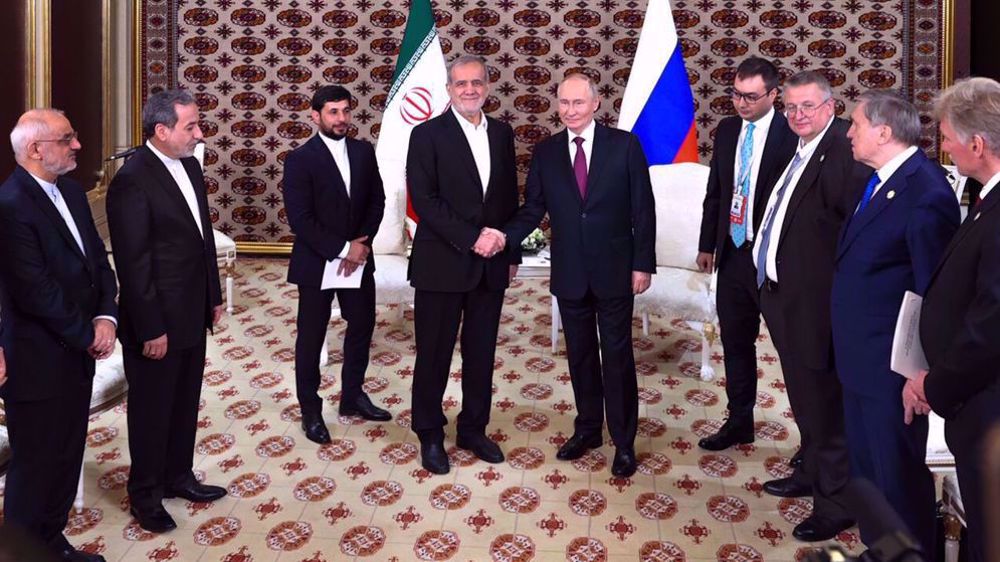
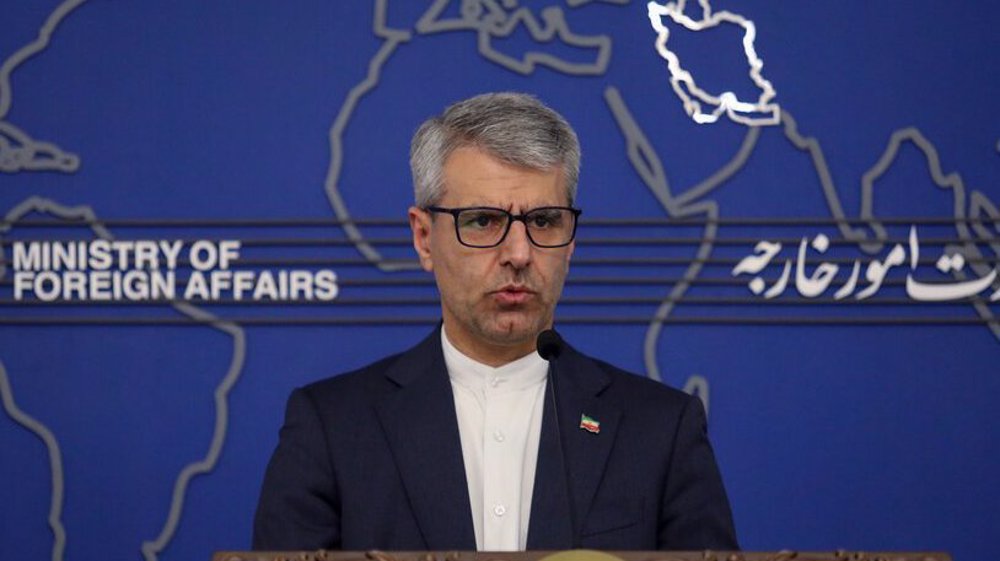
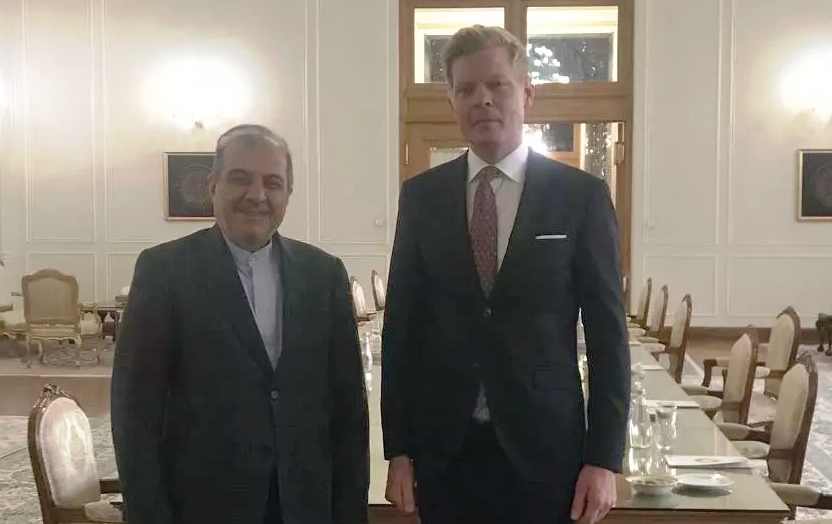



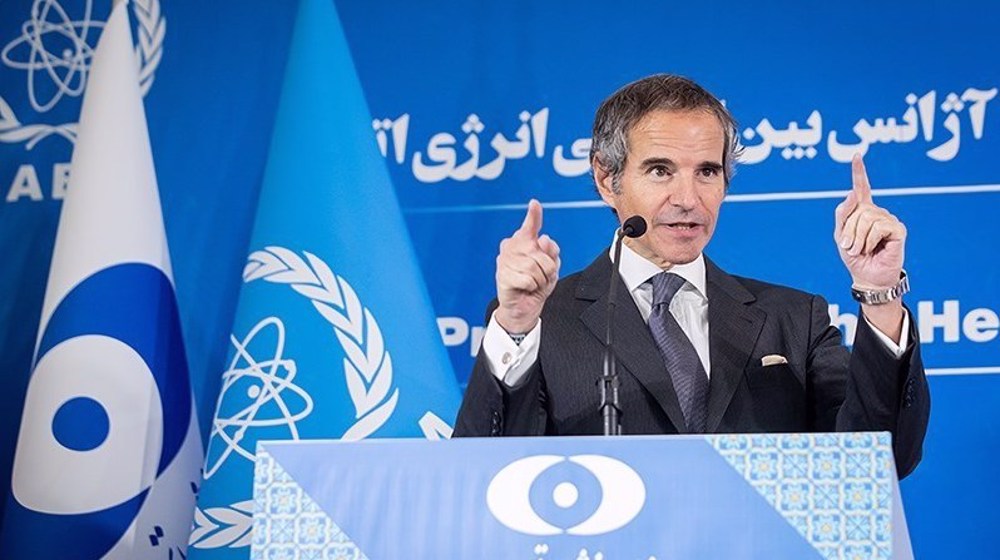
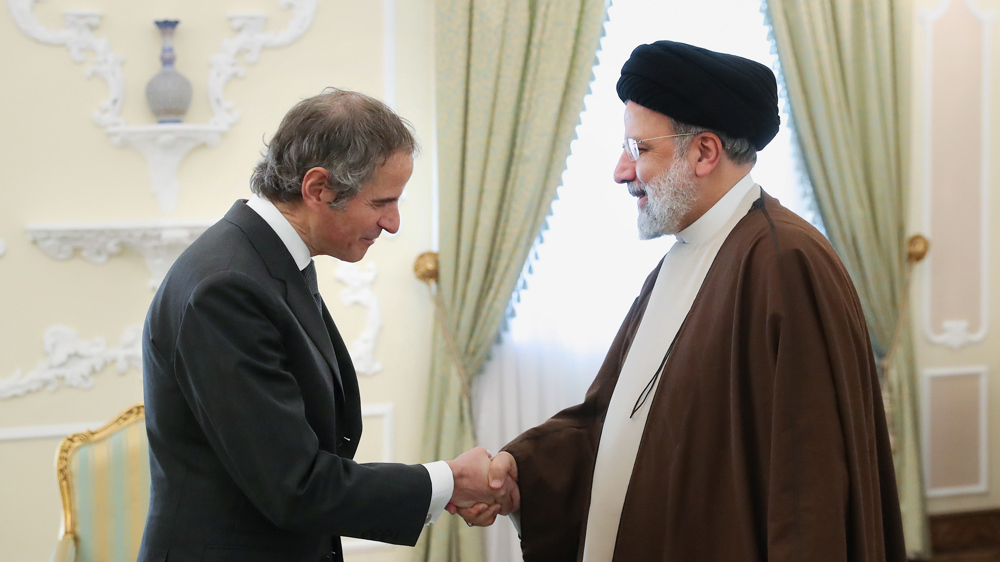
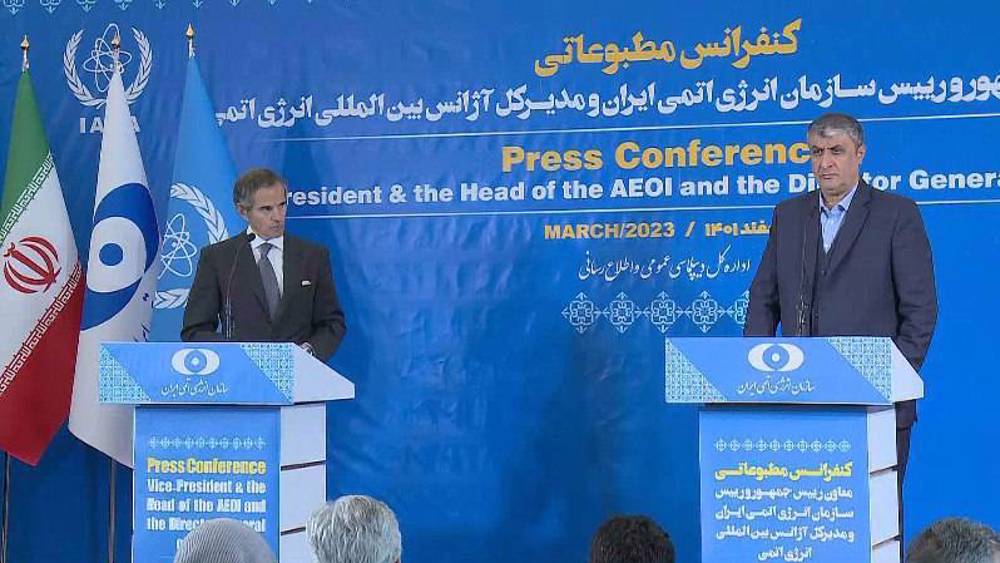
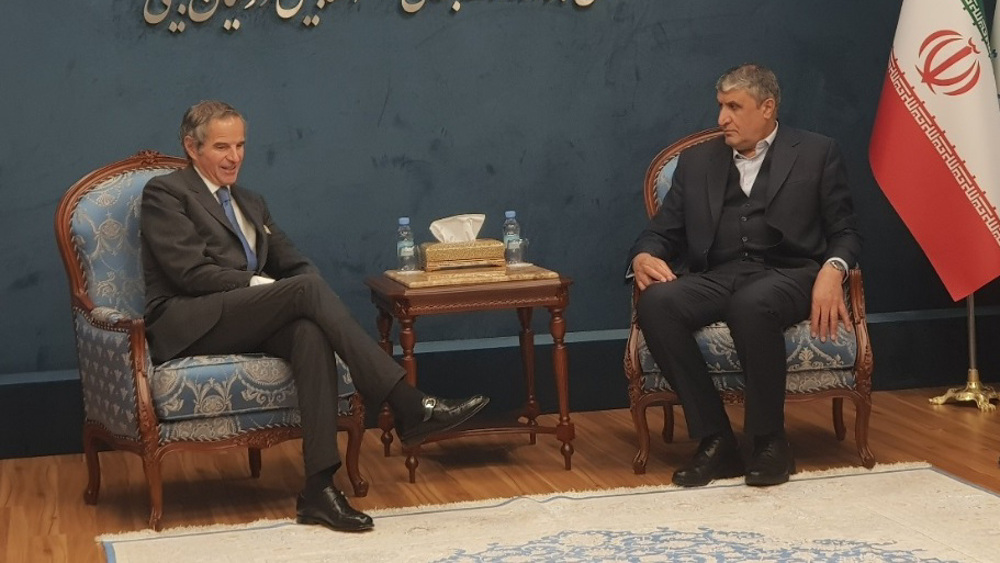
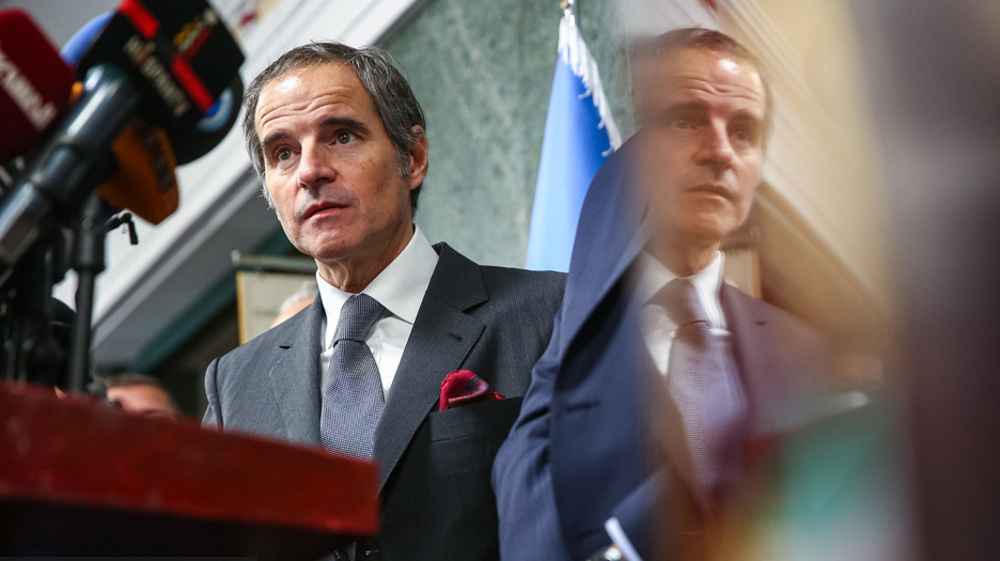
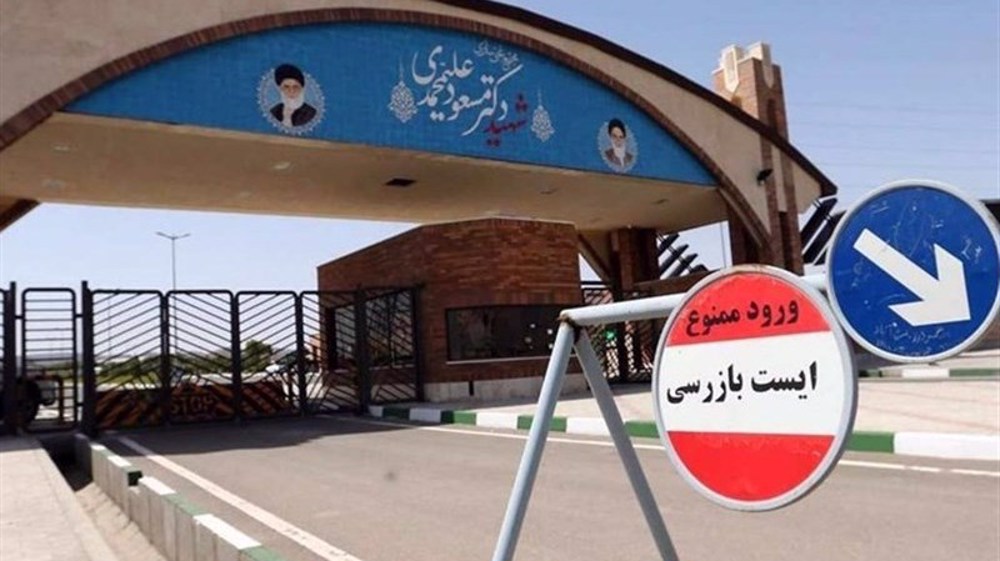
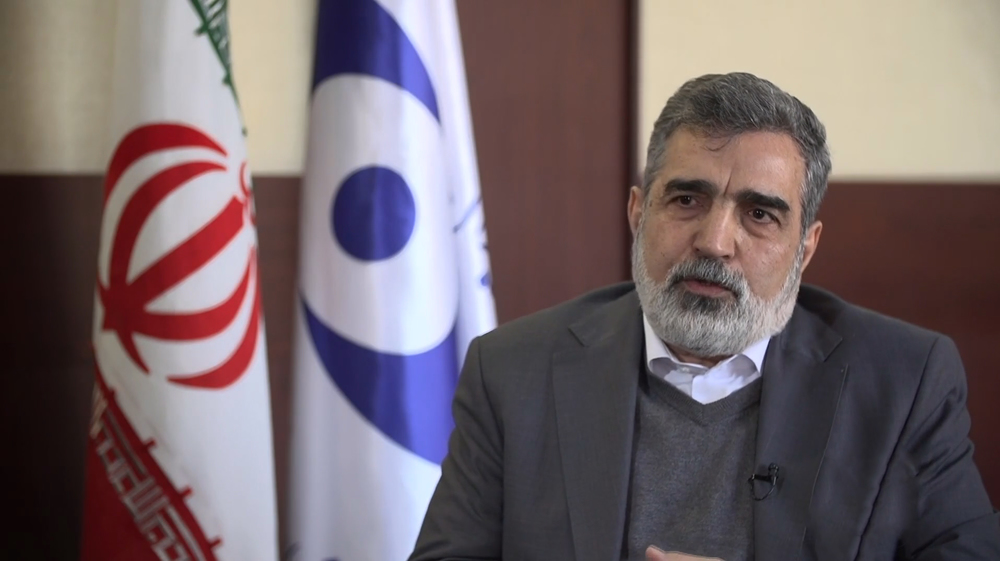
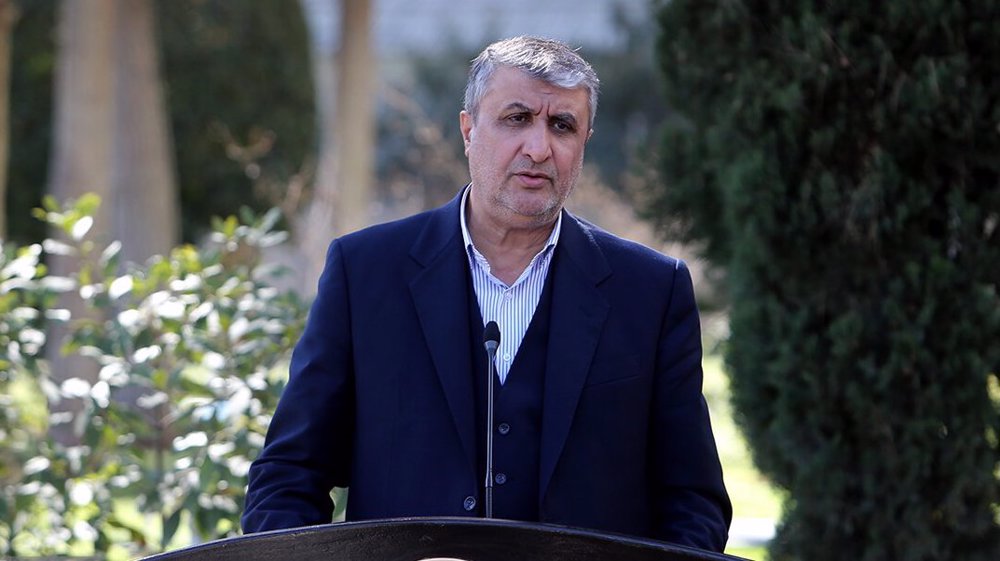
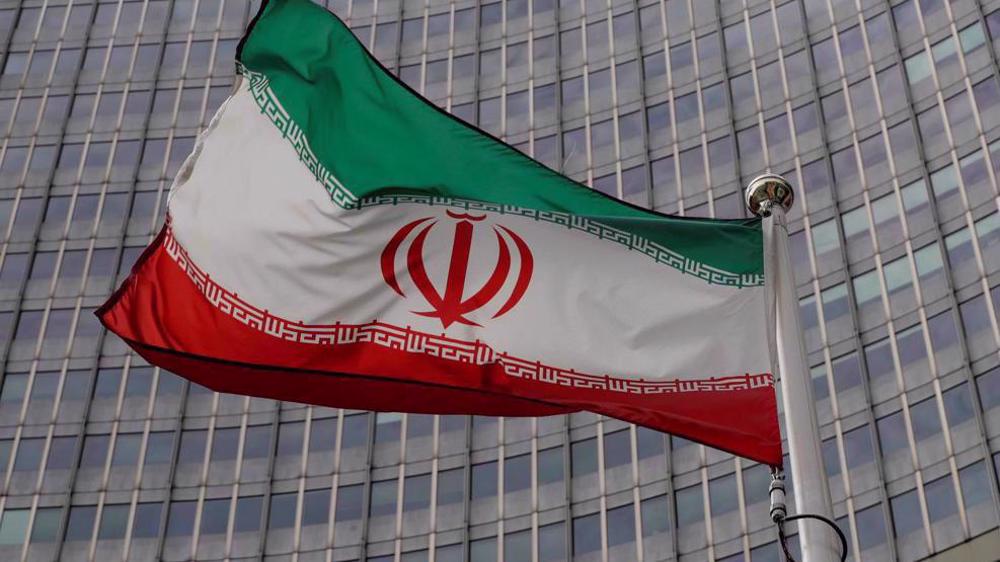

 This makes it easy to access the Press TV website
This makes it easy to access the Press TV website